Vietnam-Japan University announced that it has officially established a Semiconductor Chip Technology training program with the goal of providing a team of high-quality engineers to meet the human resource needs of the domestic and international semiconductor industry.
The program is designed according to technology trends in the semiconductor field, combining theoretical and practical foundations. In addition, it focuses on cooperation with universities and businesses in Japan, creating favorable conditions for students in internships and career development.
The program is expected to enroll its first class in 2025 with a target of 100 students.
According to the Vietnam-Japan University, the implementation of the semiconductor chip technology training program at the school is a strategic step to improve human resource capacity for the semiconductor industry in Vietnam. The program is expected to contribute to the development of quality human resources for the semiconductor industry in the region.
In 2025, Vietnam-Japan University plans to enroll 750 students. In addition to Semiconductor Technology, there are two other new majors: Global Innovation and Development and Automation.
Enrollment quota for current training programs of Vietnam-Japan University in 2025:
Enrollment targets for training programs expected to open in 2025:
Regarding the admission method, the school considers admission based on the results of the competency assessment test organized by Hanoi National University and Ho Chi Minh City, direct admission according to the regulations of the Ministry of Education and Training and the specific regulations of Hanoi National University, purely considering the high school graduation exam scores or combining foreign language certificates, based on competency profiles (profile assessment and interview).
In the final method, candidates must achieve a profile and interview score of 60/100 points, and meet one of four conditions: have a three-year high school transcript score of two subjects in the group (except Foreign Language) of 7 or higher; a high school graduation Foreign Language exam score of 5 (for the Global Innovation and Development program, it is 6.5); have an average score of 7 for 6 Foreign Language subjects or have a certificate.
For the Civil Engineering major, the school does not require foreign language requirements.
The school accepts applications for admission based on competency assessment test scores until June 1; direct admission and competency records until June 5. Registration schedule for other methods follows the plan of the Ministry of Education and Training.
In the 2025 enrollment season, many other universities also announced opening semiconductor majors to meet human resource needs in the new context.
For example, this year Hanoi National University of Education plans to open 5 new majors, including Physics (specializing in semiconductor physics and engineering). Ho Chi Minh City University of Technical Education Opening the major of Technical Physics (oriented towards semiconductor technology and sensors, measurement), Ton Duc Thang University opens the major of Semiconductor Circuit Design Engineering, under the major of Electronics and Telecommunications Engineering.
In 2025, the University of Technology, Vietnam National University, Hanoi will also open 4 new majors, including 3 majors very close to the field of semiconductor microchips, including: Electronic - Telecommunications Engineering Technology oriented towards microchip design, Materials Technology (Material Technology and Microelectronics program), Data Science (Data Science and Engineering program).
Nguyen Lien
Source: https://daibieunhandan.vn/them-truong-dai-hoc-mo-nganh-cong-nghe-chip-ban-dan-post409429.html


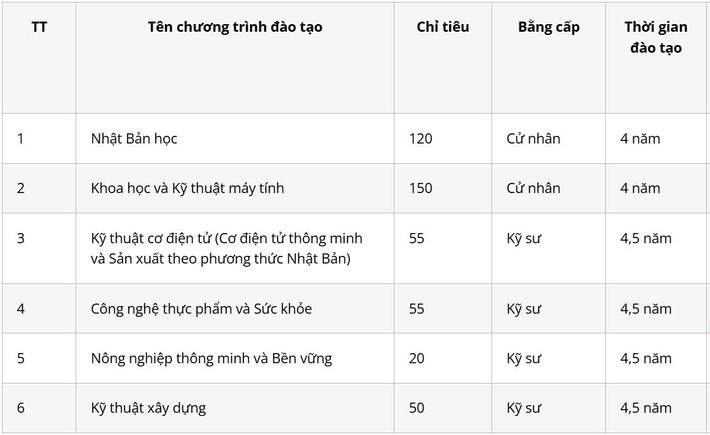
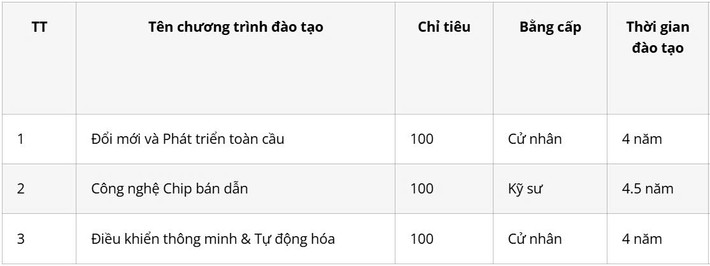
![[Photo] Special class in Tra Linh](https://vphoto.vietnam.vn/thumb/1200x675/vietnam/resource/IMAGE/2025/11/14/1763078485441_ndo_br_lop-hoc-7-jpg.webp)


![[Photo] Deep sea sand deposits, ancient wooden ship An Bang faces the risk of being buried again](https://vphoto.vietnam.vn/thumb/1200x675/vietnam/resource/IMAGE/2025/11/13/1763033175715_ndo_br_thuyen-1-jpg.webp)


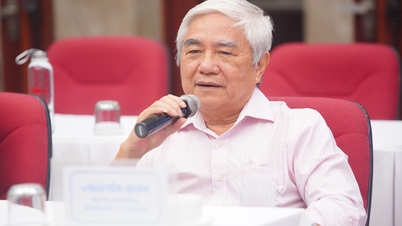



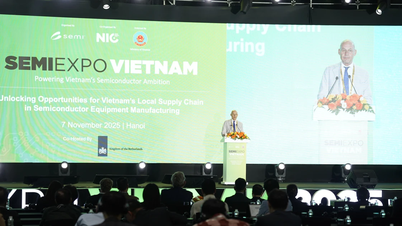

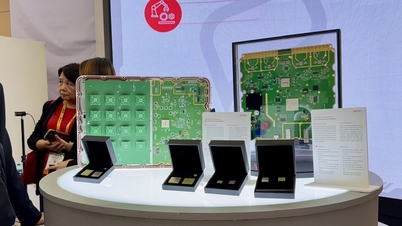
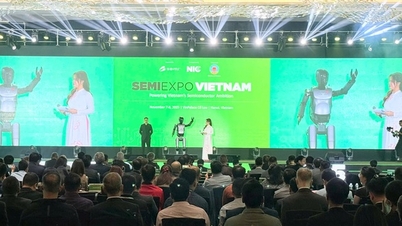

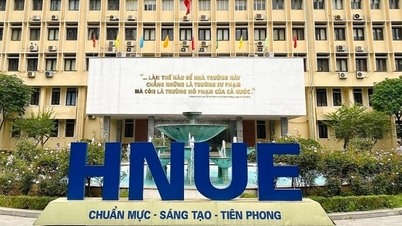

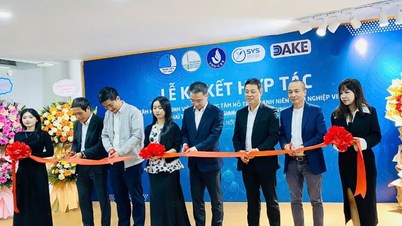

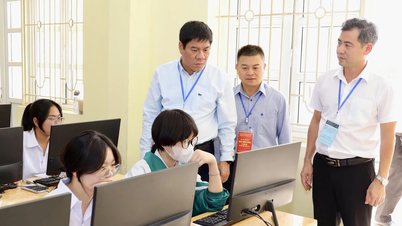









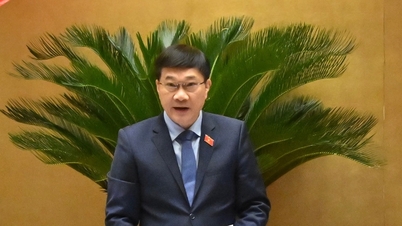



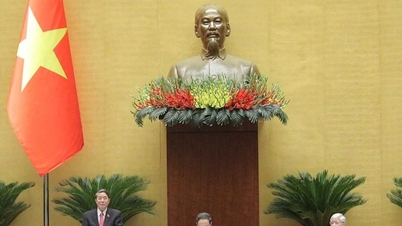













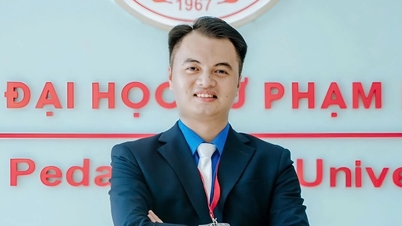





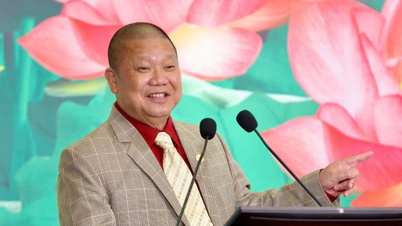







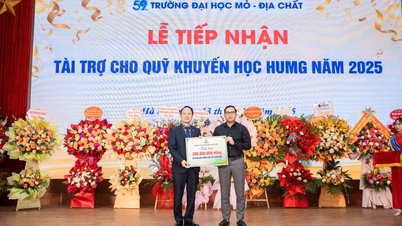
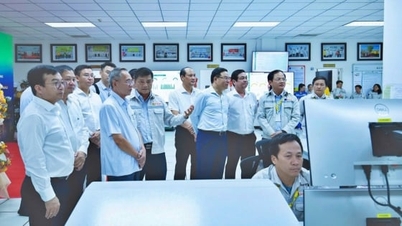









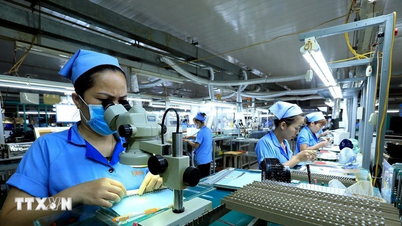








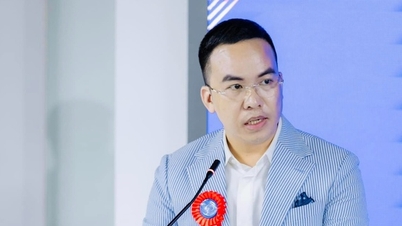
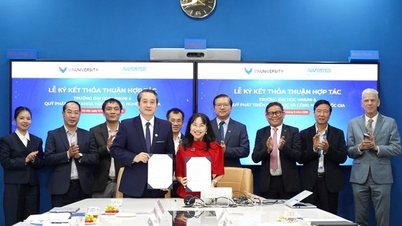
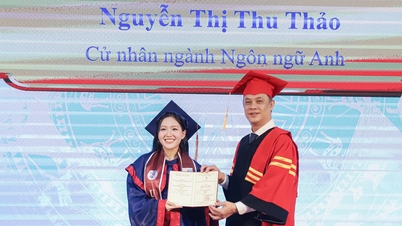





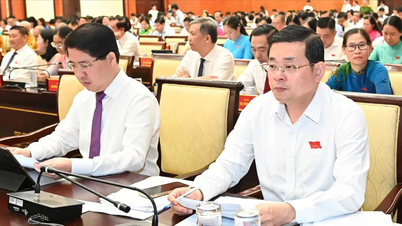
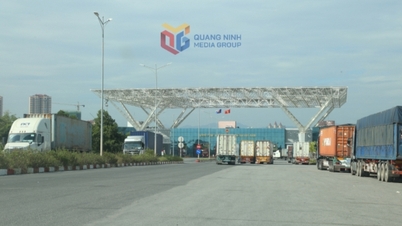









![Dong Nai OCOP transition: [Article 3] Linking tourism with OCOP product consumption](https://vphoto.vietnam.vn/thumb/402x226/vietnam/resource/IMAGE/2025/11/10/1762739199309_1324-2740-7_n-162543_981.jpeg)






Comment (0)